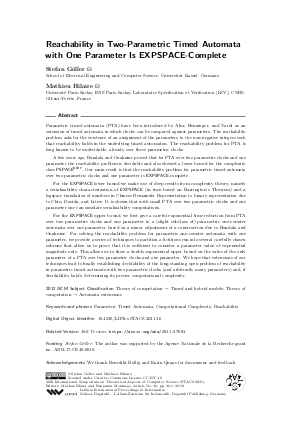LIPIcs.STACS.2021.36.pdf
- Filesize: 0.85 MB
- 18 pages

 Creative Commons Attribution 4.0 International license
Creative Commons Attribution 4.0 International license




















Feedback for Dagstuhl Publishing